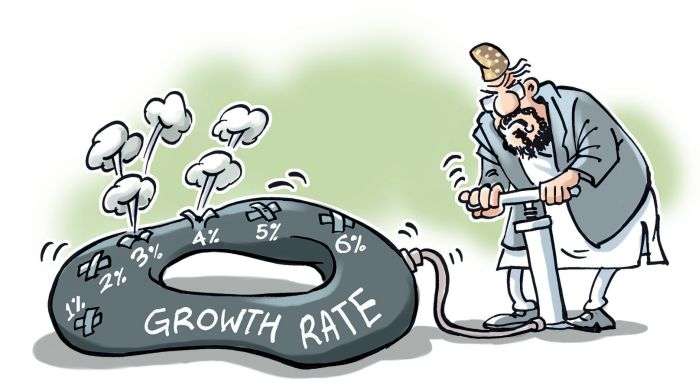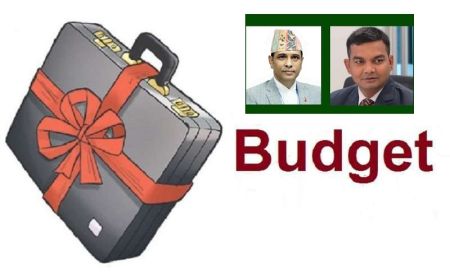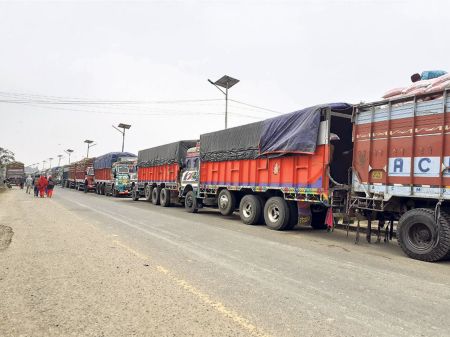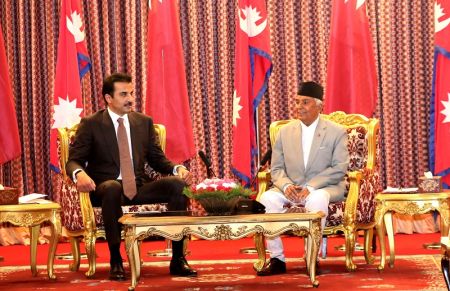As a famous proverb goes, if wishes were horses, then beggars would ride.
While concluding the budget speech in Parliament in mid-July, Finance Minister Dr Ram Sharan Mahat said he had allocated the budget such that the Nepali economy would grow by 6% in Fiscal Year 2015/16. This is nothing more than wishful thinking, given the revised estimate of 3% growth rate for FY 2014/15.
Yes, anyone can easily give a figure of expected growth rate on the basis of budget allocations with the help of some mathematical calculations using the Incremental Capital Output Ratio (ICOR) of the economy which in Nepal’s case is a closely guarded secret of the National Planning Commission but definitely available to the Finance Minister. So, mathematically, the Finance Minister’s expectation expressed in the budget speech may not be wrong. But what about the possibility of the allocated budget being actually spent? Not even 50%, one could say. And the minister himself has expressed such doubts in his subsequent public appearances.
If we assume that the allocated budget will not be spent, the expected growth rate too will not be achieved. While the money allocated for the current expenditure is likely to be spent 100% (or even more), only a fraction of the portion allocated for development activities will be spent, as is the trend so far. And the contribution of the current expenditure in boosting the growth rate is, by nature, very low.
Though the minister has mentioned in length (over ten paragraphs of the budget speech) about different measures taken of to be taken to ensure timely expenditure of the development budget, these measures are not likely to be effective. For example, he has promised to expedite the legislation of several long pending laws. Given that the political wrangling is still going on, it is highly doubtful that these laws will actually be legislated.
The budget speech promised that the land acquisition law for development projects will be changed. But even if this law is changed, its implementation is doubtful as the hurdle for such projects in acquiring land is more political and administrative than legal. Though the existing laws do provide the authority to the administrators to acquire land for development projects, they cannot use this authority as some political parties have been instigating the local people to make unrealistic demands.
The budget speech has promised to bring about some administrative reforms so that the civil servants are made more accountable to the achievements in the budget implementation. This, too, is just a promise and can be trusted only after the relevant changes in the laws and rules are formalized.
A big chunk of the budget is allocated for reconstruction of what was damaged by the recent earthquake. And the major portion of that budget is to be spent through the Reconstruction Authority which is still not formed and with no sign of being formed. Even if it is formed soon, it will not be able to start actually functioning before the tail-end of the second quarter of this fiscal year. Until this Authority is set up, the reconstruction projects are to be implemented through the usual bureaucratic set up. Unfortunately, the performance record of the bureaucracy does not make one very optimistic.
In conclusion, however hard the Finance Minister tries to pump up the hole-ridden wheel of economic growth rate, all the energy pumped in will leak out of it once a 3% or 4% growth rate is achieved. That is normal. And we cannot hope so much for that final thrust needed to go beyond a 4% growth rate unless all the promised reforms are speeded up and finalized by August 2015, which is pretty much unlikely.






















